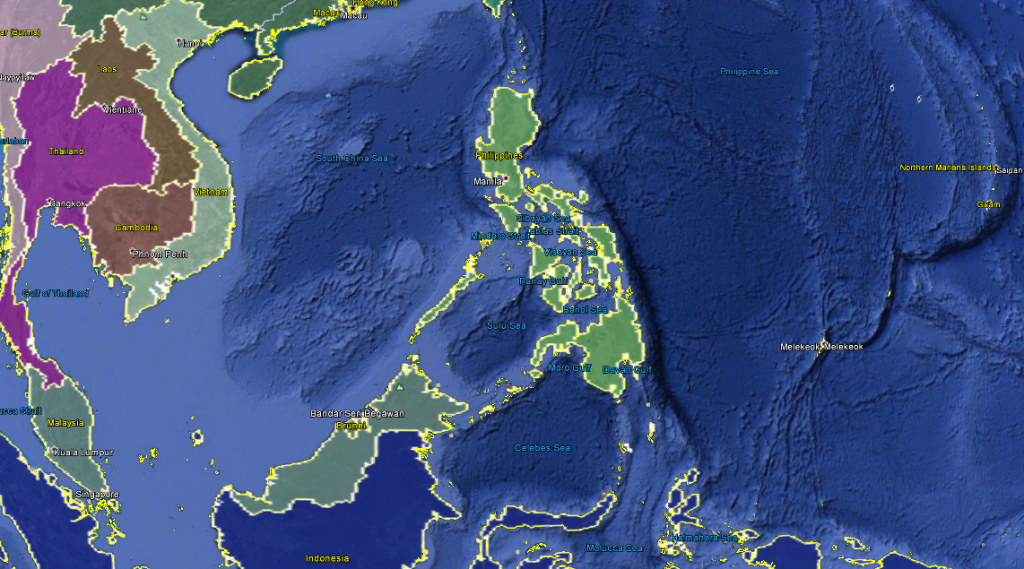Deforestation has been an ongoing issue in the Philippines for many years. The country’s forests have been dwindling rapidly due to a variety of reasons, including illegal logging, slash-and-burn agriculture, mining, and urbanization. The Philippines is one of the world’s most severely deforested countries, with the rate of deforestation estimated to be one of the highest in Southeast Asia.

The Philippines used to be covered with lush forests, which were home to various plant and animal species. However, the country’s forests have been drastically reduced, with only about 24% of the land area remaining forested as of 2019, according to the World Bank. This is a significant drop from the estimated 70% forest cover that the country had before the arrival of Spanish colonizers in the 16th century.
One of the primary drivers of deforestation in the Philippines is illegal logging. Many people, including local communities and timber companies, engage in the illegal cutting and transport of trees, which contributes to the country’s high deforestation rate. Illegal logging often occurs in protected areas, such as national parks and reserves, which are meant to preserve the country’s biodiversity.
Another significant cause of deforestation in the Philippines is slash-and-burn agriculture, which involves clearing land by burning forests and other vegetation. This practice is common among small farmers who do not have access to other means of clearing land. Slash-and-burn agriculture has contributed to the loss of vast tracts of forest in the Philippines, and it also poses a threat to the country’s soil health and biodiversity.
Mining is another driver of deforestation in the Philippines. The country is rich in mineral resources, and mining activities have been a major contributor to the country’s economic growth. However, mining often involves clearing large tracts of forest and other vegetation, which can have severe environmental impacts. Mining can lead to soil erosion, water pollution, and the displacement of local communities.
Urbanization is also contributing to deforestation in the Philippines. As more people move to cities, the demand for housing and infrastructure increases. This has led to the conversion of forests and other natural areas into urban and suburban developments. In addition to deforestation, urbanization also poses a threat to the country’s biodiversity, as it often leads to the destruction of natural habitats.
Deforestation in the Philippines has significant environmental and social consequences. The loss of forests can lead to soil erosion, landslides, and the depletion of water resources. Deforestation also contributes to climate change, as trees absorb carbon dioxide from the atmosphere and help regulate the Earth’s climate. The loss of forests can also have social impacts, as it often leads to the displacement of local communities and the loss of traditional livelihoods.
To address deforestation in the Philippines, the government has implemented various policies and initiatives. The Philippine Forest Management Bureau, for example, is responsible for implementing the country’s National Greening Program, which aims to plant 1.5 billion trees in 1.5 million hectares of degraded forestland by 2028. The government has also implemented a ban on logging in natural and residual forests, and has increased penalties for illegal logging.
In addition to government initiatives, there are also various non-governmental organizations (NGOs) working to address deforestation in the Philippines. The Haribon Foundation, for example, is a conservation organization that works to protect and restore the country’s forests and biodiversity. The organization conducts various programs and initiatives, such as tree planting, forest restoration, and biodiversity conservation.
Deforestation is a significant problem in the Philippines, and it is caused by a variety of factors, including illegal logging, slash-and-burn agriculture, mining, and urbanization. Deforestation has severe environmental and social consequences, and it is crucial for the government and other stakeholders to address the issue immediately.
